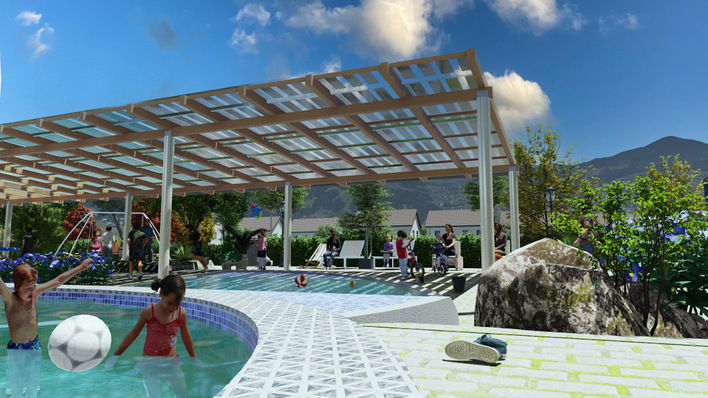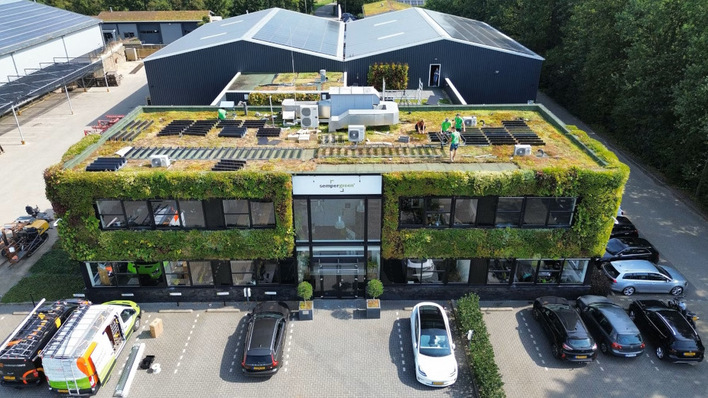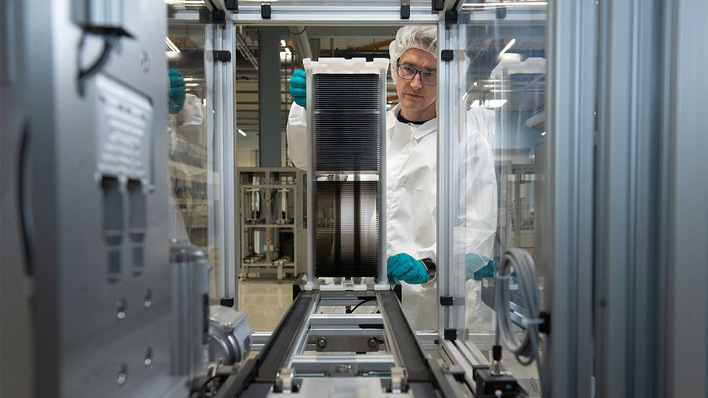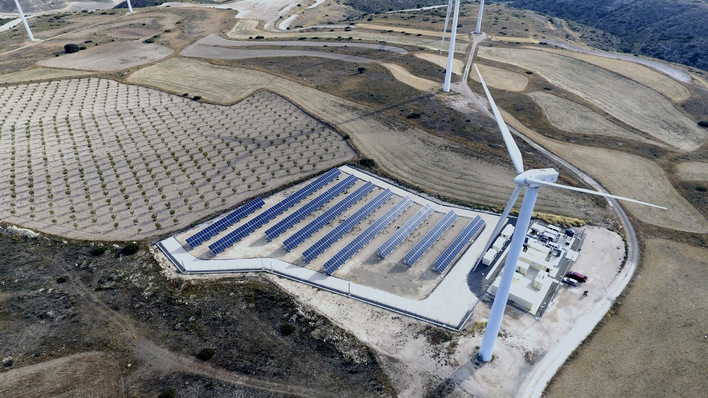Swiss module manufacturer Meyer Burger is downgrading its plans for solar module production based on its operating experience at its plants in Saxony. Faltering supply chains are also slowing Meyer Burger down. The company expects only modules with a total output of 320 to 370 megawatts to come off the production line this year. The plan was for 500 megawatts. This is because Meyer Burger produced modules with an output of 108 megawatts in the first year. In the second half of the year, the company expects 210 to 260 megawatts.
Start-up of new production lines delayed
The next lines, which are just starting up, will probably also have lower output than expected. The first line with a capacity of 400 megawatts is technically already running. From September 2022, further lines will be added successively.
Together, these should reach a production volume of 1.35 gigawatts. Under the impression of current experience, however, they will only manage 1.0 to 1.2 gigawatts. In addition, the ramp-up of the production capacities under construction and commissioning has been delayed, which in turn is due to the ongoing bottlenecks in the supply of the necessary components.
Product change currently an additional brake
Another brake on the lines currently in operation are planned shutdowns for the integration of the next line in the same factory. But the immense demand for all three Meyer Burger product variants - black modules, standard modules and glass-glass modules - also repeatedly causes short downtimes.
See also: KIT: Perovskite stacks increase energy yield
This is because they have to be changed more often. This effect will be minimised with the future additional capacity, as the various production lines can then be geared to individual products.
All modules planned for roof systems
The high demand, especially in the premium segment, also means that the limited production volume will be allocated to customers in the future. Meyer Burger is currently working on the allocation for the second quarter of 2023. The plan was that 30 per cent of the modules produced would be installed in solar parks.
In the meantime, the company assumes that all modules produced in 2023 will be installed on house roofs. This is because the growth in demand is particularly strong here and the margin is higher. Meyer Burger then intends to cover the solar power plant segment with the additional production capacities once these have gone into operation. (su/mfo)







